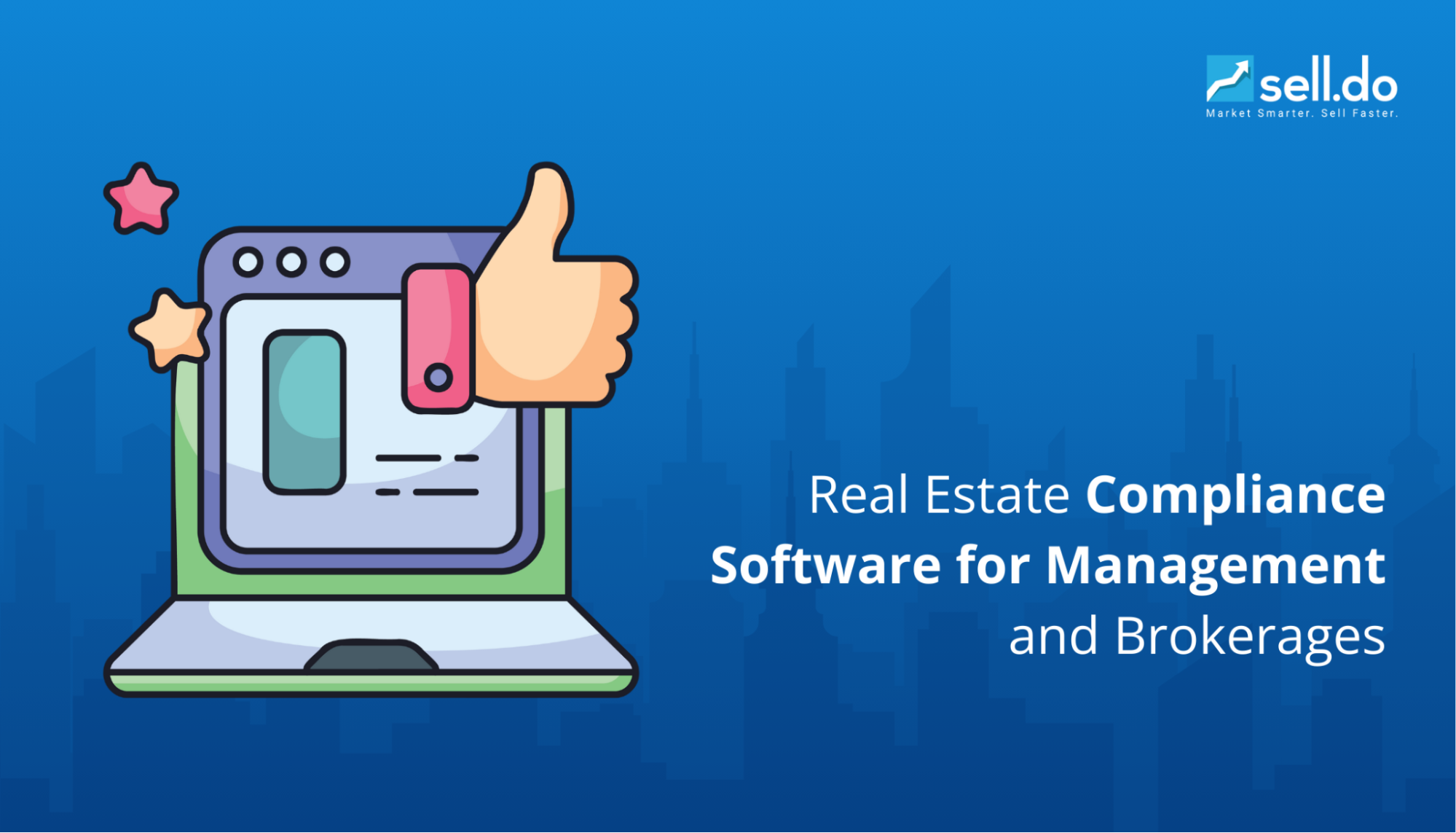Work from home is the latest buzzword making the rounds in every industry including real estate. Initially people struggled to adapt to this change But as time has passed, several advantages of working from home have come to light.
Now, people feel that working from home is the safest option until the pandemic comes to an end. This may be true, but this form of working has its own set of challenges.
The real estate sector in particular relies heavily on actual interactions - be it with customers or team members. Now, when everybody is working from home, from different parts of the country, it is natural that real estate businesses face productivity-related challenges.
What are some common challenges of working from home?
Work from home is the new normal and has bought new challenges in your business processes because of the lack of a collaborative environment which the office space provides.
Commonly faced issues include -
Availability of team members when needed:
Work habits differ during the day and there may be a chance that when you’re working, your team members might be occupied elsewhere. Accessibility is therefore a challenge.
Smooth coordination between members:
Team coordination can be quite a task when people aren’t exactly sitting together and working.
Connectivity problems:
Internet issues, power cuts, and bandwidth problems can cause unwanted interruptions in work.
Technical problems:
These consist of power outages, laptop or desktop problems, software issues, collaboration tool glitches and other problems that might not be resolved immediately.
Delays in timelines:
All of the above factors can eventually lead to delay in work completion and subsequently, in deliveries.
Thankfully, there are some ways in which managers can solve these issues.
What are some guidelines for working remotely?
Managers can follow these 4 tips:
Decide and define the scope of work:
Managers should understand which roles are suitable for working from home and which aren’t. For example, a marketing executive can work from home all the time as they have to work mostly on their computer. But, a salesperson may have to visit the project occasionally to give site tours to their leads. A clearly defining scope of work for everyone can help to ensure smooth functioning.
Define roles:
Set the right expectations for every team member. Managers should define responsibilities and make sure that the team members know that they are accountable for it.
Boost the team morale:
Living and working from the same place for hours together can be pretty challenging. Maintaining positivity in the team through informal chats, activities and work from home benefits is therefore essential. For example, consistent performers can be appreciated through rewards, salespeople who close leads from home should be offered some additional perks and so on.
Equip your team with the right tools:
Since they will be working from home, they will be completely dependent on technology solutions. In such a scenario, working on an integrated platform can offer a great boost to their productivity.
In case you need to know how a common platform can benefit your organisation, you can visit Sell.Do real estate CRM. Features like cloud telephony, document management, real-time reports, dashboards, escalations, video conferencing, broker integration and more make Sell.Do the best CRM software for the real estate sector.
Conclusion
Though working from home has its own challenges, it is possible to manage your team remotely and in an effective manner. A CRM like Sell.Do comes with a host of remote team management features that ensure your teams function without any hassles or issues.
If you need to explore how Sell.Do can help you achieve smooth remote collaboration, schedule a free demo!






Leave a comment
Comments (0)
Be the first one to comment.